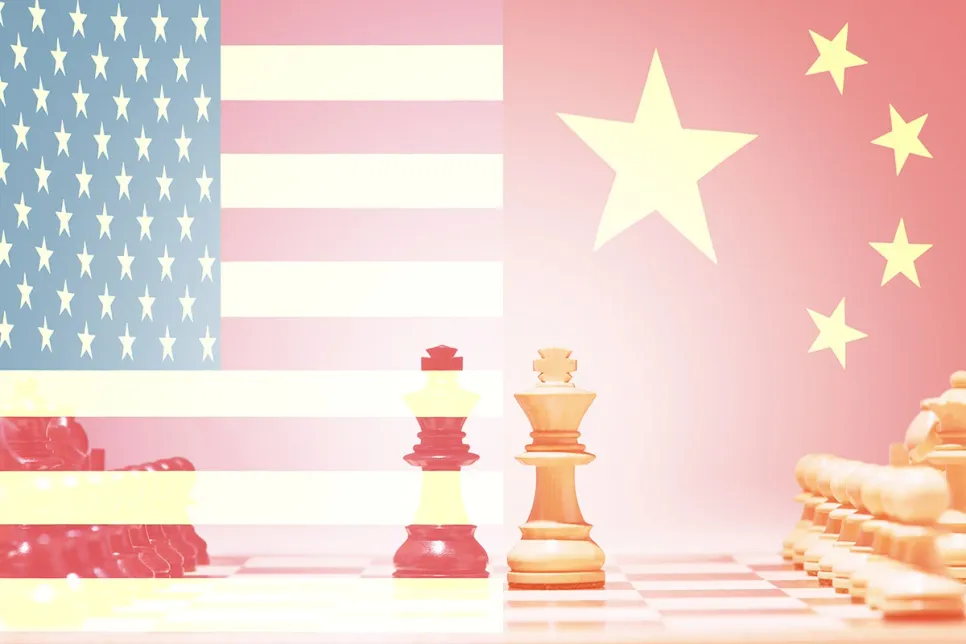Investors Sign Takeover of TikTok in the US
ByteDance signed binding deals with investors led by Oracle to transfer control of its TikTok US operations.

Huawei expects U.S. export restrictions to reduce annual revenue at its consumer devices business by about $10 billion, according to Bloomberg.
China’s largest technology company is seeking ways to replace key U.S. suppliers such as Cadence and Synopsys, Deputy Chairman Eric Xu said. The overall damage to the company will be a “little less“ than founder Ren Zhengfei’s initial estimate, Xu added.
Huawei is seeking to develop alternatives after coming under intense pressure from the Trump Administration, which has argued its technology represents a security threat. On Friday, it introduced its most powerful artificial intelligence chipset, the Ascend 910, which is poised to rival some of the best offerings from Qualcomm and Nvidia. Earlier this month, it offered the first glimpse of an in-house software HarmonyOS that may someday replace Google’s Android.
The company is also researching ways to replace chip-design software tools offered by Cadence and Synopsys, Xu told a news briefing in Shenzhen without elaborating. “There were no chip design tools 10 years ago, but the industry still developed chips,“ said Xu, who argued that Cadence and Synopsys were not must-haves for design. “Intel started to develop chips in the 1970s, when those companies didn’t exist.“
The Ascend 910 processor is a show of technological prowess. It will be used for AI model training, and Huawei says it outperforms all existing competition. Xu proclaimed that “without a doubt, it has more computing power than any other AI processor in the world.“ The company also unveiled MindSpore, an AI computing framework that, along with the 910, is supposedly twice as fast as Google’s TensorFlow.